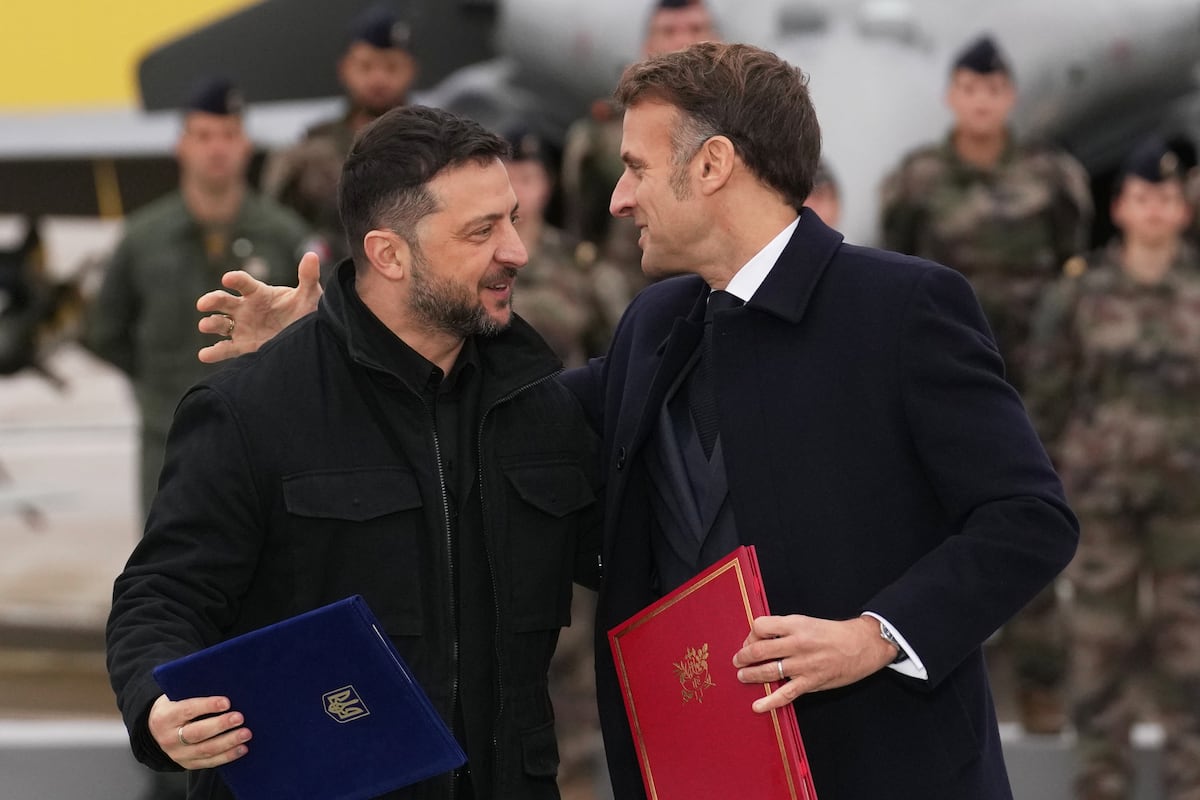Advancing European Sovereignty in Space-Based Intelligence: ICEYE’s Emerging Role
Introduction: The Strategic Investment in Satellite Capabilities
Finland’s ICEYE is carving a pivotal space in Europe’s defense landscape by providing sovereign access to satellite intelligence. This shift is especially significant for nations seeking to diminish dependence on U.S. intelligence frameworks. As geopolitical tensions rise, particularly highlighted by Russia’s invasion of Ukraine, the urgency for European nations to bolster their military intelligence capabilities through independent satellite technology has never been greater.
The Shift in European Defense Posture
Joost Elstak, ICEYE’s Vice President for Missions, underscores the importance of developing autonomous capabilities in the aftermath of intelligence-sharing disruptions by the U.S. with Ukraine. This disruption served as a stark reminder of the risks associated with over-reliance on a singular intelligence source:
- Necessity for Independence: The recent events illustrate a pressing need for Europe to cultivate robust, independent ISR (intelligence, surveillance, and reconnaissance) capabilities.
- Alliance Dynamics: Elstak emphasizes the importance of building strong alliances while maintaining independent operational capabilities.
A 2023 survey indicated that achieving self-sufficiency in space-based ISR remained a substantial challenge for Europe, with estimates suggesting a timeline of five to ten years for adequate development.
ICEYE’s Expanding Influence
In response to this emerging landscape, ICEYE has signed contracts with several European nations, including Poland, Portugal, the Netherlands, and Finland. These agreements will enable these countries to deploy capabilities within the next 12 months, with plans for multiple satellites to be operational by 2028.
Key developments include:
- Rapid Deployment: ICEYE launched the initial satellite for the Royal Netherlands Air Force within four months of contract signing, demonstrating the company’s capacity for swift operationalization.
- Enhancing Resilience: Elstak asserts that a diversified satellite infrastructure enhances European resilience in military operations.
Military Integration: From Data Provider to Defense Partner
ICEYE’s commitment to the defense sector is evident in its increasing integration into European military intelligence networks. With a repertoire that includes satellites, ground stations, and data analysis capabilities, ICEYE positions itself closer to a major space integrator, akin to industry leaders like Airbus. Elstak notes:
- Customization for Military Needs: Insights gained from supplying data to Ukraine have allowed ICEYE to refine its services for military clients, ultimately transforming it from a commercial data provider into a defense-intelligence entity.
Technical Advancements in Satellite Technology
ICEYE harnesses synthetic aperture radar (SAR) technology to offer continuous, high-quality earth observation regardless of weather conditions or time constraints. The firm boasts the largest SAR constellation globally, consisting of 20 to 30 active satellites capable of providing radar imagery every 30 to 60 minutes, thereby circumventing restrictions imposed by U.S. export policies.
Sovereign Capabilities and Deployment
Governments can procure their own ICEYE radar satellites through its Missions business—a critical step toward achieving autonomous capabilities. Currently, several sovereign satellites are operational, with a planned increase during the next two years to enhance national security operations.
Cost-Effectiveness and Future Innovations
ICEYE’s cost structure significantly undercuts previous generations of SAR systems. For instance, Poland’s recent contract for three satellites, valued at around €200 million, serves as a benchmark. This cost-effectiveness, paired with the rapid deployment schedule, positions ICEYE as a competitive player in the defense space sector.
Looking ahead, ICEYE is focused on expediting the timeline from data acquisition to actionable intelligence, particularly on the battlefield. This involves:
- Increasing Satellite Numbers: The company plans to increase its satellite production capacity from 25 to 50 units annually by 2026.
- Utilizing AI: Leveraging artificial intelligence for data processing enhances the speed and relevance of intelligence delivered to military users.
The Future of European Defense Intelligence
The strategic imperative for autonomous capabilities is clearer than ever, even as existing geopolitical tensions may fluctuate. Despite a potential ceasefire, the need for robust national defense capabilities will persist within military doctrines across Europe.
The collective experiences of nations during the ongoing conflict have reframed how governments perceive their intelligence requirements, pushing them toward comprehensive sovereignty in space-based military operations.
Conclusion
As ICEYE plays an increasingly pivotal role in European defense, the emphasis on autonomous satellite intelligence presents a transformative opportunity for nations eager to develop independent, agile, and resilient military capabilities. This shift marks a crucial step toward fortifying Europe’s strategic autonomy in an increasingly uncertain global landscape.
Insights and Looking Ahead
With ongoing collaborations and technological advancements, ICEYE’s trajectory not only enhances military preparedness but also represents an important chapter in the evolution of European defense strategies aimed at reducing reliance on traditional allies while elevating sovereign capabilities. The agency’s future endeavors will likely continue to shape the contours of military intelligence in Europe, strategically positioning the continent for the challenges that lie ahead.





